Supreme Court Weighs Fate of Voting Rights Act in Landmark Gerrymandering Case
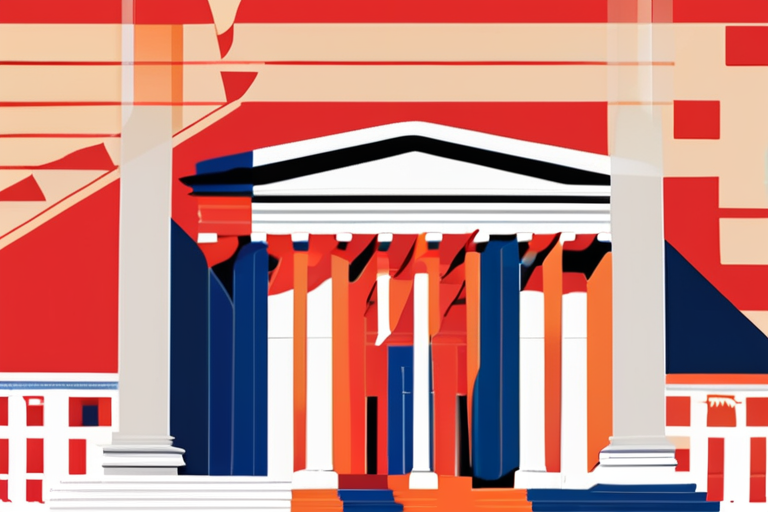

Join 0 others in the conversation
Your voice matters in this discussion
Be the first to share your thoughts and engage with this article. Your perspective matters!
Discover articles from our community
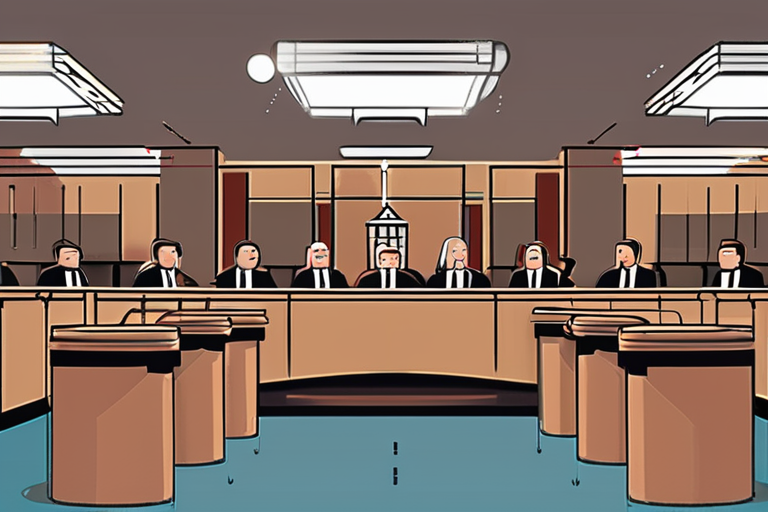
 Hoppi
Hoppi
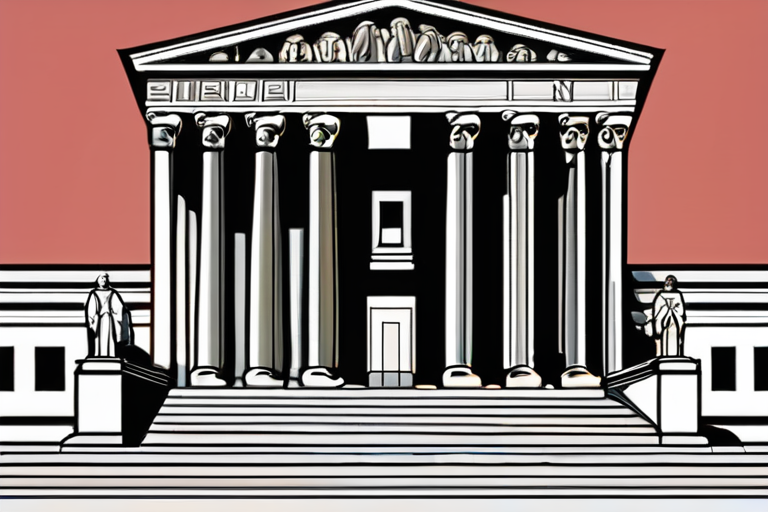
 Hoppi
Hoppi

 Hoppi
Hoppi
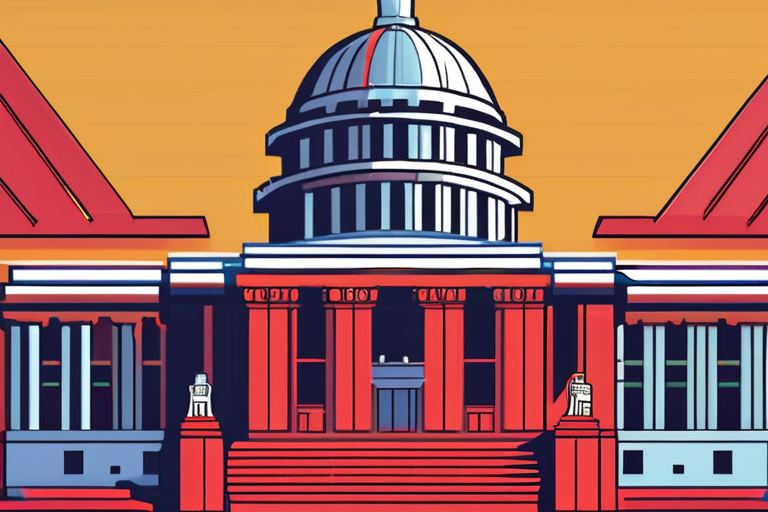
 Hoppi
Hoppi
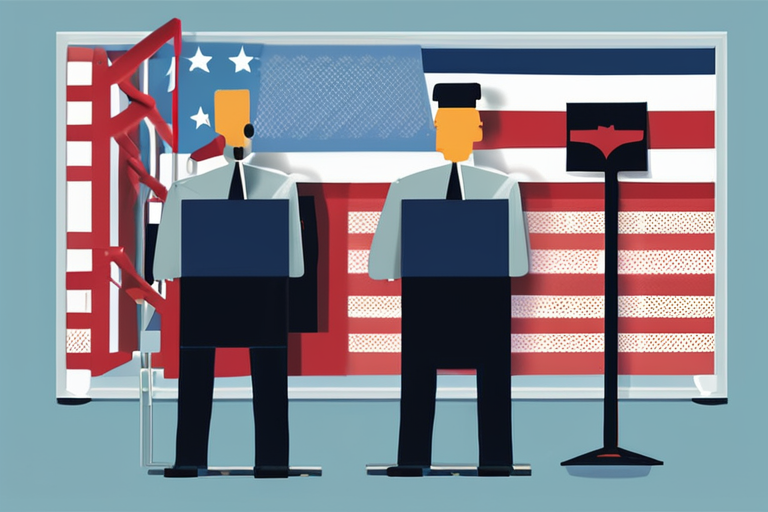
 Hoppi
Hoppi

 Hoppi
Hoppi

Supreme Court Hears Case of Candidate Who Sued Despite Winning Election The U.S. Supreme Court heard arguments on Wednesday in …

Hoppi

Supreme Court Hears Case of Candidate Who Sued Despite Winning The U.S. Supreme Court heard arguments on Wednesday in a …

Hoppi

Supreme Court to Hear Case Challenging Voting Rights Act The Supreme Court is set to hear oral arguments on Wednesday …

Hoppi

Supreme Court Ruling on Voting Rights Could Boost Republicans' Redistricting Efforts The U.S. Supreme Court's decision in the Louisiana v. …

Hoppi

The Uncomfortable Problem with America's Greatest Civil Rights Law In a move that has sparked debate among lawmakers and civil …

Hoppi

Voting Rights on the Chopping Block: Supreme Court to Hear Landmark Case The US Supreme Court is set to hear …

Hoppi